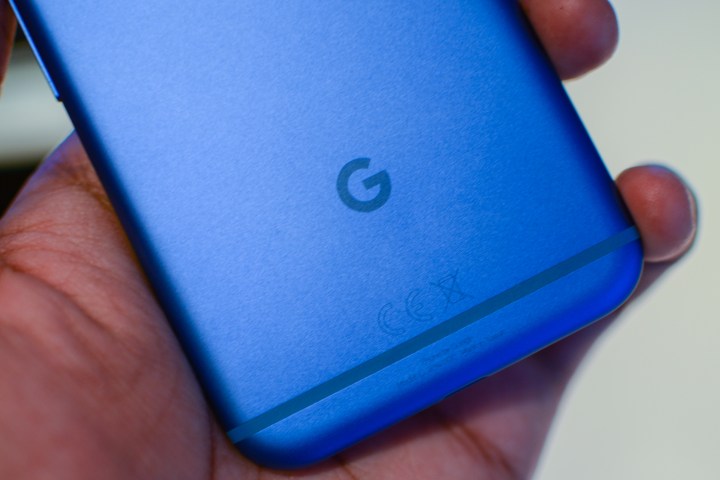
Most devices are lucky to see two major Android updates in their lifespan, and the support timeline is rarely clear. Your phone pretty much receives updates on an intermittent basis until it just doesn’t anymore, with little warning.
Fortunately, Google has taken the due diligence of posting a list of when owners of various Pixel and Nexus devices will receive their final system and security updates. Sadly, if you were hoping for a change from the company’s typical policy of supporting devices for up to 18 months, you’re going to be disappointed. The Pixel and Pixel XL will both see their final Android updates in October 2018, with security updates finishing up exactly a year later.
However, it’s nice to see Google draw it up nice and clear, especially for new Android users who made the switch to the platform with Google’s first true flagship. For owners of previous Nexus devices, the schedule is about what you’d expect: the Nexus 5X and 6P, which launched in fall 2015, will see their final
It’s a common and valid complaint from the iPhone faithful that Android devices should see the same kind of length of support as Apple’s, which typically receive major system updates more than three years after their launch. The iPhone 5, for example, was released in 2013 but is still getting iOS 10 updates. Conversely, the Nexus 5, which launched at about the same time, saw its last update in December 2015 to
The problem, however, isn’t entirely Google’s fault, nor is it solely the fault of Android hardware makers. Qualcomm, which builds the wide majority of chipsets that power
As Ars Technica pointed out in an article last summer prior to 7.0 Nougat’s launch, Qualcomm has set a precedent for the standard year-and-a-half of support, and as they essentially hold a monopoly on the industry (there are smaller players, like MediaTek, though they don’t compare in scale or adoption), it’s difficult for manufacturers to pressure the chipmaker to deviate from that.
This is all the more reason the prospect of Google one day constructing its own system-on-chip is so exciting. The very company that drives Android could also be responsible for building the silicon that powers it (at least in future Pixel devices), meaning it will finally be able to chart the destiny for its products, ensuring they don’t reach end-of-life after a meager 18 months.
However, it’s highly unlikely we’ll see Google’s first-party chips debut until the third-generation Pixel surfaces sometime in the second half of 2018.
Editors' Recommendations
- Your Google Pixel phone may soon get a lifesaving feature
- Don’t update your Pixel phone — a new Android update might break it
- This app could be killing your Pixel phone’s battery life
- Google might kill its best Pixel smartphone next year
- The 15 most important smartphones that changed the world forever